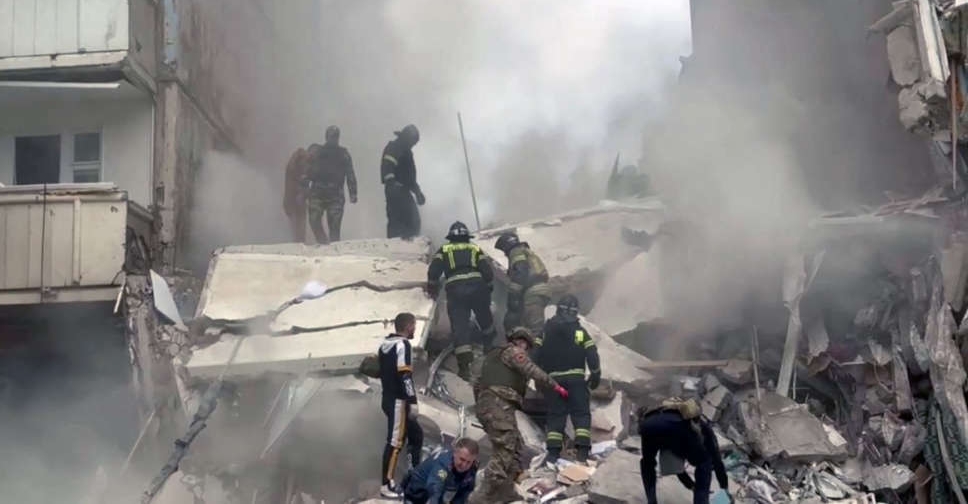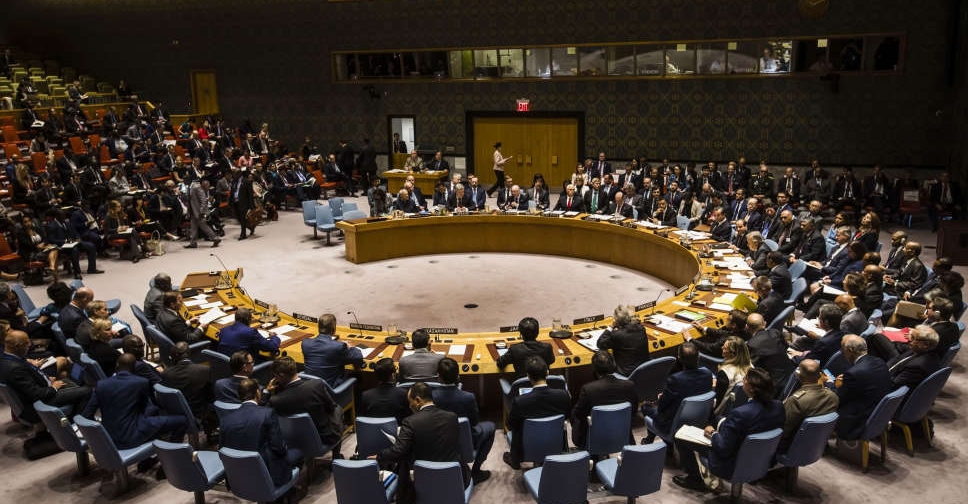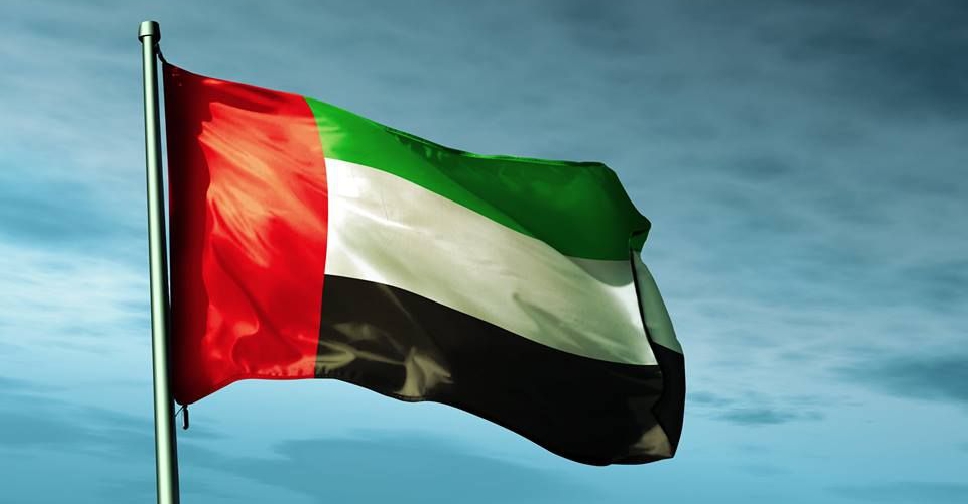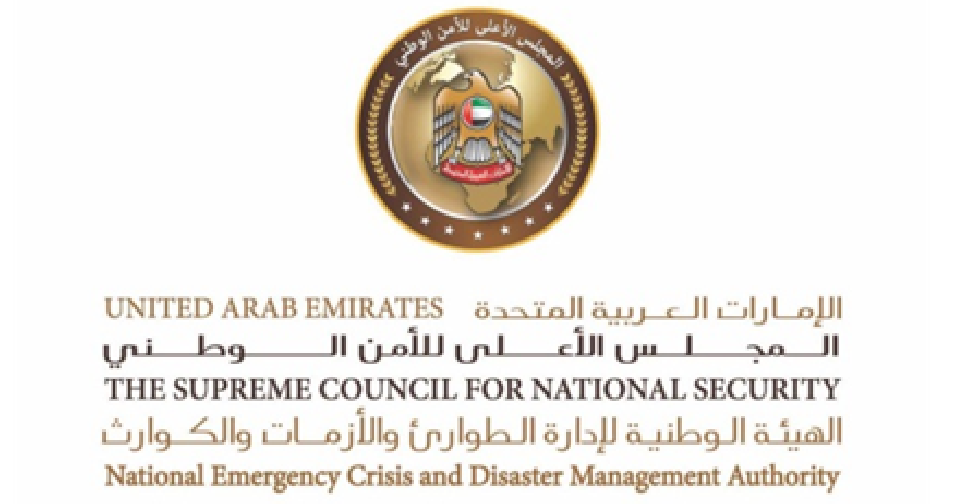
The season's first major wildfires have spread across Western Canada as authorities issued an evacuation order for a community in British Columbia and warned of poor air quality across provinces.
Thousands of residents in Northern Rockies Regional Municipality and Fort Nelson First Nations, British Colombia, were evacuated as the nearby blaze nearly doubled to 4,136 hectares.
Fort Nelson First Nation, seven kilometres from the town, also issued an evacuation order for Fontas, an Indigenous community.
Northern Rockies Regional Municipality Mayor Rob Fraser in a TV interview said most of the 3,500 residents in and around Fort Nelson had been evacuated.
Across the border in Alberta, residents of Fort McMurray, an oil hub, which faced extensive damage from wildfires in 2016, were asked to prepare to leave.
Alberta said two wildfires were extreme and out of control and recorded 43 active fires, including one located 16 km southwest of Fort McMurray. It grew significantly over the weekend to 5,500 hectares.
On Sunday, authorities said the fire had subdued but was expected to increase as temperatures soar.
Winds from the southeast are expected to push the wildfire away from a major highway and toward the Athabasca River.
Fraser said the fire was started by a tree blown down by strong winds falling onto a power line.
Six crews of wildland firefighters, 13 helicopters and airtankers were taming the fire on Sunday, said Alberta authorities.
Evacuation alerts were in place for Fort McMurray, Saprae Creek Estates and expanded to Gregoire Lake Estates and Rickards Landing Industrial Park.
Although there is no immediate risk to these communities, the alert ensures residents are prepared to evacuate if conditions change.
The federal government has warned Canada faces another "catastrophic" wildfire season as it forecast higher-than-normal spring and summer temperatures across much of the country, boosted by El Nino weather conditions.
Canada experienced one of its warmest winters with low to non-existent snow in many areas, raising fears ahead of a hot summer triggering blazes in forests and wildlands amid an ongoing drought.
 Serbia unlikely to join EU before end of decade, says President Vucic
Serbia unlikely to join EU before end of decade, says President Vucic
 Russia says five killed, 46 injured in Ukraine strike on Belgorod
Russia says five killed, 46 injured in Ukraine strike on Belgorod
 UN Security Council condemns terrorist attacks in Burkina Faso
UN Security Council condemns terrorist attacks in Burkina Faso
 Qatari Emir, German Chancellor discuss regional, international developments
Qatari Emir, German Chancellor discuss regional, international developments
 Mpox vaccines to arrive in DR Congo in next few days, WHO says
Mpox vaccines to arrive in DR Congo in next few days, WHO says




